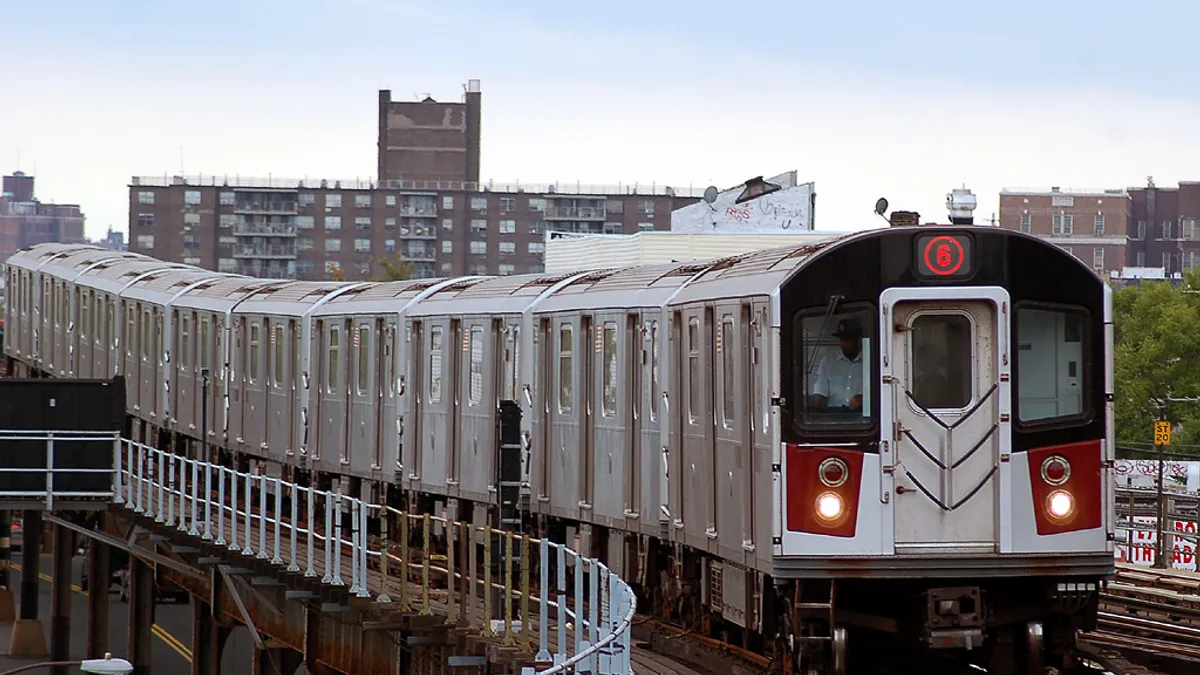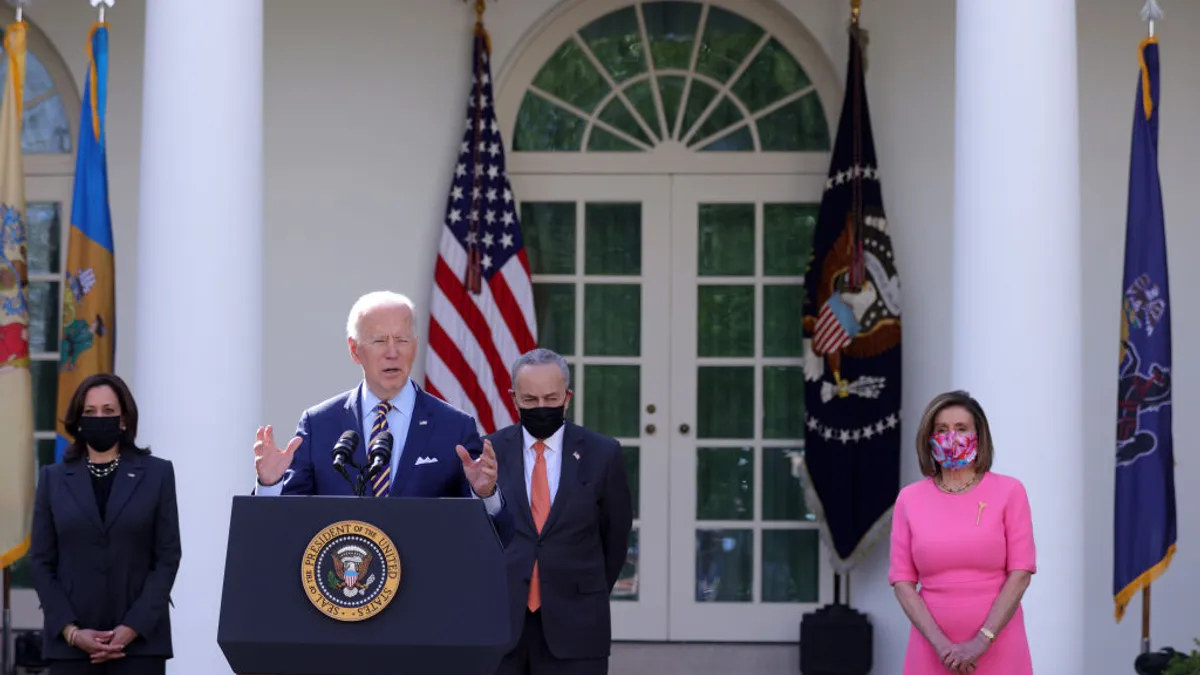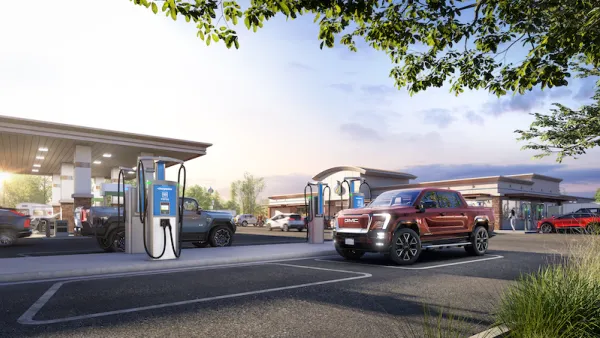Dive Brief:
- The U.S. Department of Transportation announced $1.5 billion in grants for infrastructure projects in 49 states and the District of Columbia. The funding comes from the department’s Better Utilizing Investments to Leverage Development (BUILD) Transportation Grants program.
- There were more than 850 applications for the locally-focused grant program, totaling more than $10.9 billion in funding.
- "BUILD transportation grants are major investments in road, rail, transit and port projects that serve as a down payment on this administration’s commitment to America’s infrastructure," U.S. Transportation Secretary Elaine Chao said in a statement.
Dive Insight:
The latest round of recipients for the annual grant program leaned toward rural communities, with 62 of the 91 grants going to projects in rural areas. That follows the Trump administration’s promise to direct infrastructure funding to traditionally underserved rural areas (the administration’s proposed $200 billion infrastructure plan would have set aside $50 billion for rural projects; that plan is stalled but there’s hope that the new Congress could direct some attention to a new funding bill). The rural projects ranged from road reconstruction to an Iowa railcar station to facilitate more rail shipping.
The awardees also included $20 million to support a commercial-scale connected vehicle test environment in Colorado. The 537-mile network would send safety messages to drivers through infrastructure-to-vehicle communication, and alert safety officials to potential crashes. Construction of the project will also bring more than 200 miles of new fiber optic lines to rural communities, helping to build out rural broadband.
Another $10.8 million will go to Youngstown, OH to support autonomous transit shuttles, green infrastructure and transit waiting environments to overhaul the downtown transportation network.
The BUILD grants — formerly known as the TIGER (Transportation Investment Generating Economic Recovery) grants — have been popular since their introduction in 2009 as a way for local governments to get much-needed funding to support critical infrastructure projects that may not be attracting private investors. Since 2009, the program has distributed $5.6 billion in grants.











